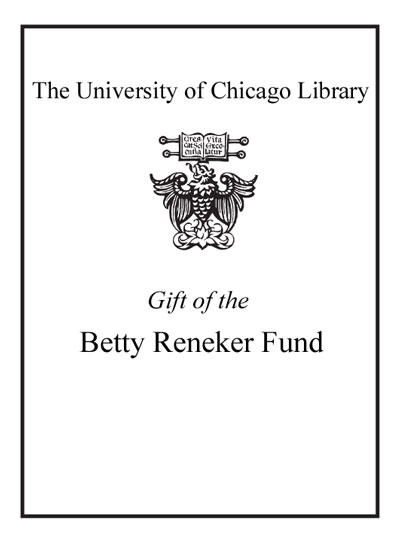| Summary: | "Al-Tanukhi was a judge who was born and raised in Basra. He lived in different parts of Iraq including Baghdad during the tenth century CE. During his life he wrote three main books which compiled various forms of oral and written literature, including poetry, stories, anecdotes and hadith. In this introduction to the works and thought of al-Tanukhi, Nouha Khalifa explores the central theme within his narratives of hardship and deliverance." "It is clear from his works that al-Tanukhi was principally concerned with how mankind can alleviate hardship and suffering in life and achieve deliverance. Khalifa explores al-Tanukhi's recurring themes of love, generosity and the journey, and how through his narratives al-Tanukhi unveils his central message: that 'So truly with hardship comes ease, truly with hardship comes ease.'" "Al-Tanukhi's unshakable conviction in the necessity of deliverance is rooted in his Mu'tazilite doctrine, an early school of Islamic theology which sought to ground Islamic tenets in reason, and which drew upon Hellenistic philosophy. Khalifa therefore studies al-Tanukhi's works in the light of Mu'tazilism by highlighting the relationship between literature, theology and spirituality. The study also shows how religious themes play a role in al-Tanukhi's vibrant stories which combine elements of both reality and fiction." "Khalifa examines the historical, cultural and literary contexts in tenth-century Iraq, and delves deeper into aspects of Mu'tazilism in al-Tanukhi's compilations. Al-Tanukhi's preoccupation with the journey, love and generosity are inextricably Linked with his Mu'tazilite thought. The journey is a physical journey on earth which symbolises mankind's spiritual journey towards God and the quest to achieve deliverance; God is the source of love upon earth, and profane love is a manifestation of divine love of God; mankind's generosity is the manifestation of God's inherent generosity, and generosity is the expression of mankind's love for God." "This fascinating study makes available the works and ideas of al-Tanukhi for the first time, and provides a fresh insight into medieval Middle Eastern culture, history and religious thought."--BOOK JACKET.
|
|---|

